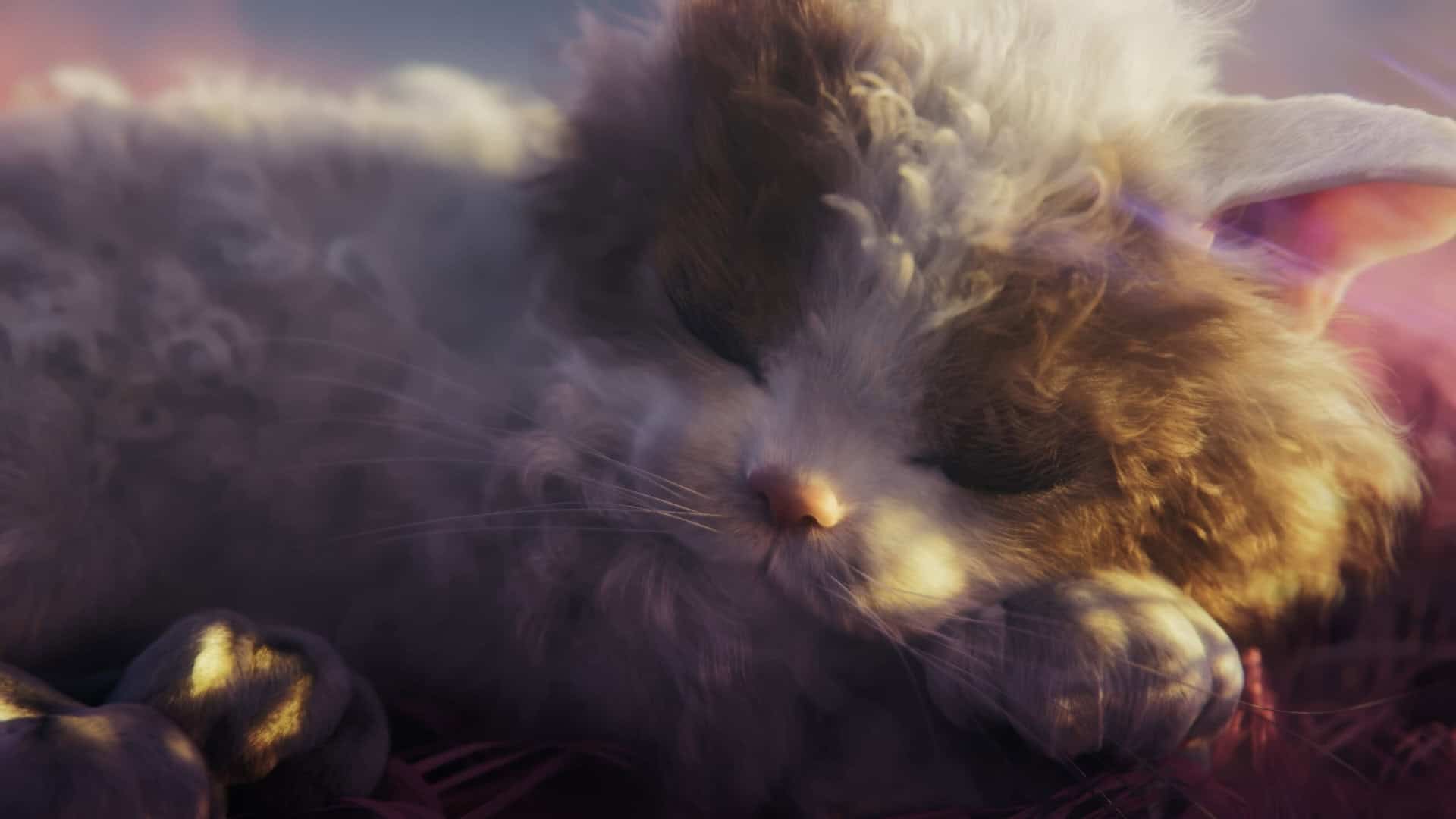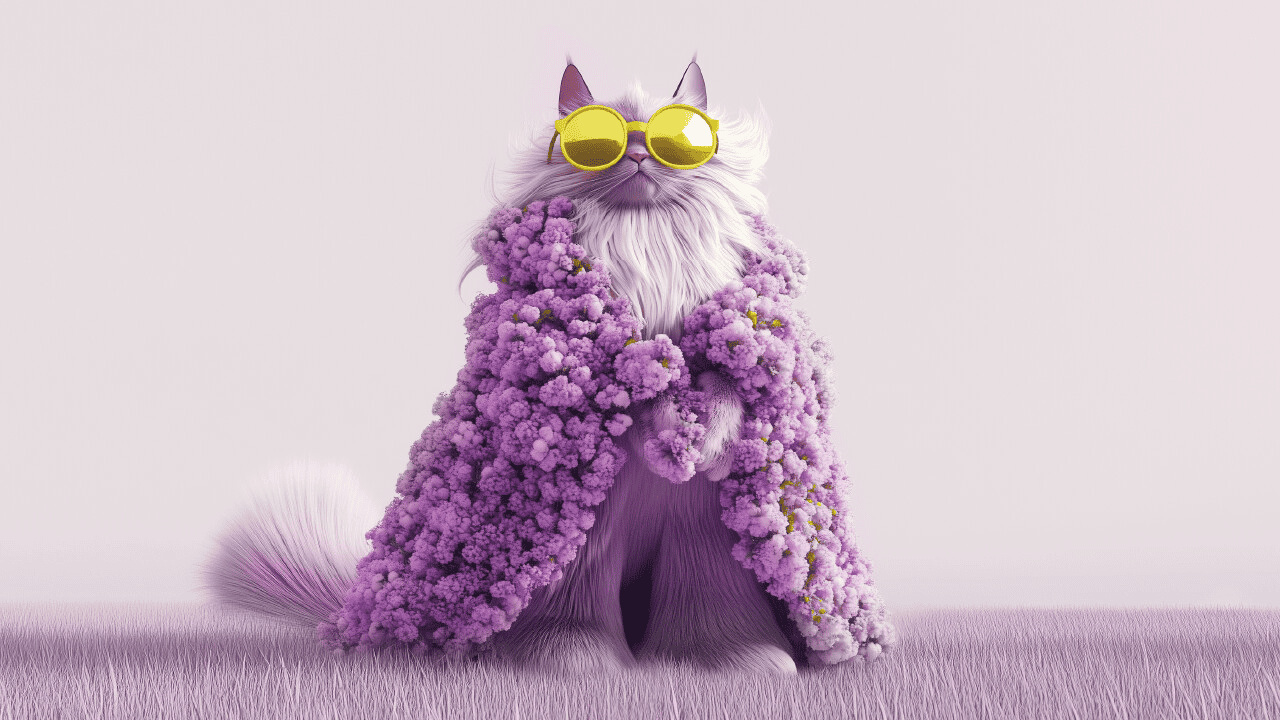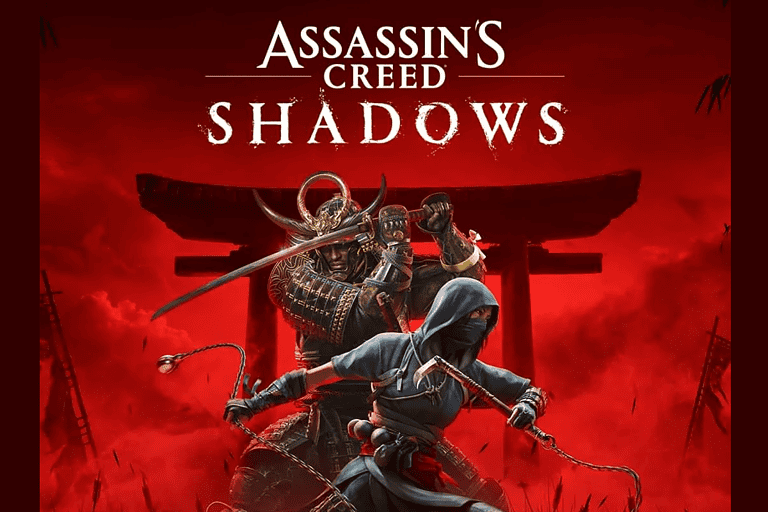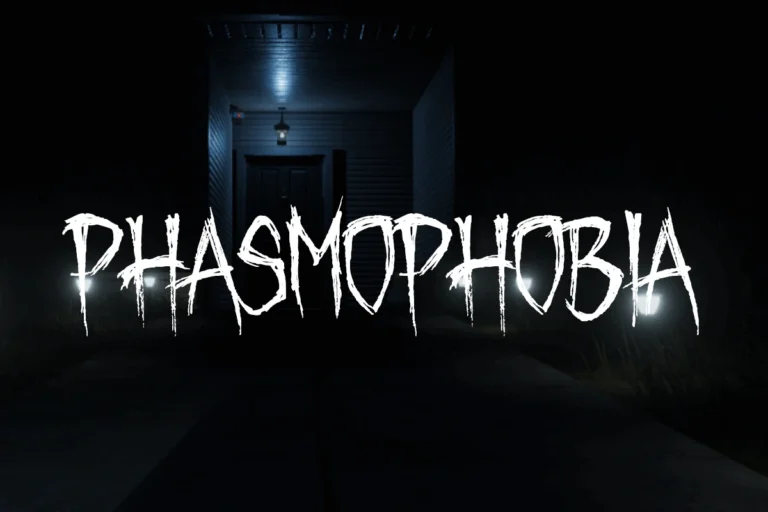
SuperAuthenti Co., the developer of the upcoming virtual pet simulator game Catly, addressed rumors regarding the use of generative AI, blockchain technology, and NFTs in the game’s development. They firmly rejected these claims, stating that their processes do not involve such modern tech trends.
While the concerns about the technology used have been cleared up, discussions about Catly’s marketing strategy and player engagement continue to be important topics as the game approaches its release.

Clearing the Air Around Catly’s Development
Addressing the Speculation
Following its reveal at The Game Awards 2024, Catly, the upcoming game from SuperAuthenti Co., faced a wave of speculation regarding its development. Rumors circulated about the use of generative AI, blockchain technology, and NFTs. The developers have now issued a clear response to these claims.
No Generative AI in Development
SuperAuthenti Co. explicitly stated that generative AI was not used in the creation of the game’s trailer or within the game itself. This clarification directly addresses concerns about the authenticity of the game’s visuals and art style.
No Blockchain or NFT Integration
The developers also confirmed that Catly is not a blockchain game and will not incorporate NFTs or cryptocurrency. This statement dispels any rumors about the game utilizing these technologies, which have become a point of contention in the gaming community.
The Connection to TenthPlanet
Some of the speculation likely stemmed from a connection between SuperAuthenti Co.’s co-founder, Kevin Yeung, and TenthPlanet, a web3 studio that was working on a blockchain game. This link fueled rumors about Catly’s potential involvement with blockchain. However, the developers have firmly denied any association.
Key Points of Clarification
| Technology | Status in Catly |
|---|---|
| Generative AI | Not used in development. |
| Blockchain | Not used. |
| NFTs | Not included. |
Focusing on the Game Itself
By directly addressing these rumors, SuperAuthenti Co. aims to shift the focus back to Catly itself. The developers want players to be excited about the game’s actual content and gameplay, rather than preoccupied with speculation about potentially controversial technologies.
Short Summary:
- SuperAuthenti denies using generative AI for their game trailer or development.
- The company confirms no blockchain technology or NFTs are associated with Catly.
- Questions remain about the overall marketing and promotional strategies of Catly.
Concerns regarding the virtual pet simulator Catly began to circulate swiftly after its trailer debuted at The Game Awards last week. Viewers were quick to speculate that generative AI played a role in the game’s stunning visuals, showcasing hyperrealistic cats in vibrant colors frolicking in a fantastical environment. Responding to these allegations, a representative from SuperAuthenti stated, “We were very surprised by such speculations,” indicating that no generative AI technology was utilized in either the game or the trailer.
“We do not think there are any existing AI tools that can produce a video like that. Industry experts have echoed this opinion,” the spokesperson explained in an interview with IGN.
This assertion was backed up by evidence, as the spokesperson presented a version of the trailer that included behind-the-scenes footage alongside the final product, which demonstrated that it was created through traditional development processes. The development team has stressed that they utilize “various software” to achieve the hyperrealistic textures and dynamics showcased in the trailer, specifically mentioning Unreal Engine 5.
Claims of Blockchain and NFT Use Denied
Beyond the AI allegations, accusations regarding Catly’s connection to blockchain technology and NFTs surfaced online. SuperAuthenti was quick to address these rumors, asserting that “there has been zero blockchain technology involved in Catly or the company behind it.” They further clarified, “Our company/project has never issued any blockchain currency and any NFTs. Our company does not and has never owned any blockchain currency and NFTs.”
“Catly is not a blockchain game nor does it incorporate any NFTs,” the PR statement emphasized.
The rumors surrounding blockchain links seemed to stem from connections made to SuperAuthenti co-founder Kevin Yeung, who previously co-founded TenthPlanet, a studio rumored to be developing blockchain games. However, SuperAuthenti’s current communications assert a clear separation from such technology, which has become commonplace in many gaming discussions as of late.

Community Reactions and Observations
Despite the developer’s transparency, community scrutiny has remained intense. Some users pointed out peculiarities within the game’s Steam page description, which was filled with unusual phrases that seemed to hint at an AI influence. Descriptions such as “A Cat Open World, with Beautiful Cats. Hyperrealism, Actions, Cuddle, Speed, Islands, Fashion, Dreams, Snow, Robots, Plants — all with and via Cats” raised eyebrows, leading to suggestions that the marketing materials may not be entirely human-generated.
Furthermore, several promotional images shared on the official Catly website were reportedly called into question due to what appeared to be characteristics of AI artifacting. Online users noted oddities in certain visuals, particularly concerning the anatomy of the depicted cats, leading to further speculation about the integrity of the artwork.
“I’ve seen 20 minutes or so of gameplay footage a few months back and thought it looked cool, so they asked me for a quote,” said Ben Brode, a notable game director who provided a testimonial on the game’s Steam page. He reassured fans that his interest stems from genuine appreciation for the game’s potential.
The Future of Catly and SuperAuthenti
With the questions surrounding AI and blockchain technology resolved for the moment, focus now turns to what Catly truly represents and how it plans to distinguish itself in an increasingly crowded gaming space. The game is poised for a multi-platform release across Steam, Nintendo Switch, and even Apple Watch, which raises intriguing questions about how an open-world experience will translate to the compact display of a smartwatch.
As fans eagerly await further announcements from SuperAuthenti, all indications suggest that detail surrounding the game’s development and promotional choices won’t be unveiled until 2025. The anticipation raised by Catly’s eye-catching visuals and quirky premise, however, means this adorable cat-centric adventure has already captivated a diverse audience.
Ultimately, as technology in the gaming industry evolves and AI becomes an increasingly ubiquitous tool, identifiers of the creative process – whether human or artificial – will become harder to distinguish. This reality leaves many gaming enthusiasts and analysts pondering the future of game production. As stated by our sources, “AI is changing video game development forever,” hinting at an oncoming wave of innovation.






